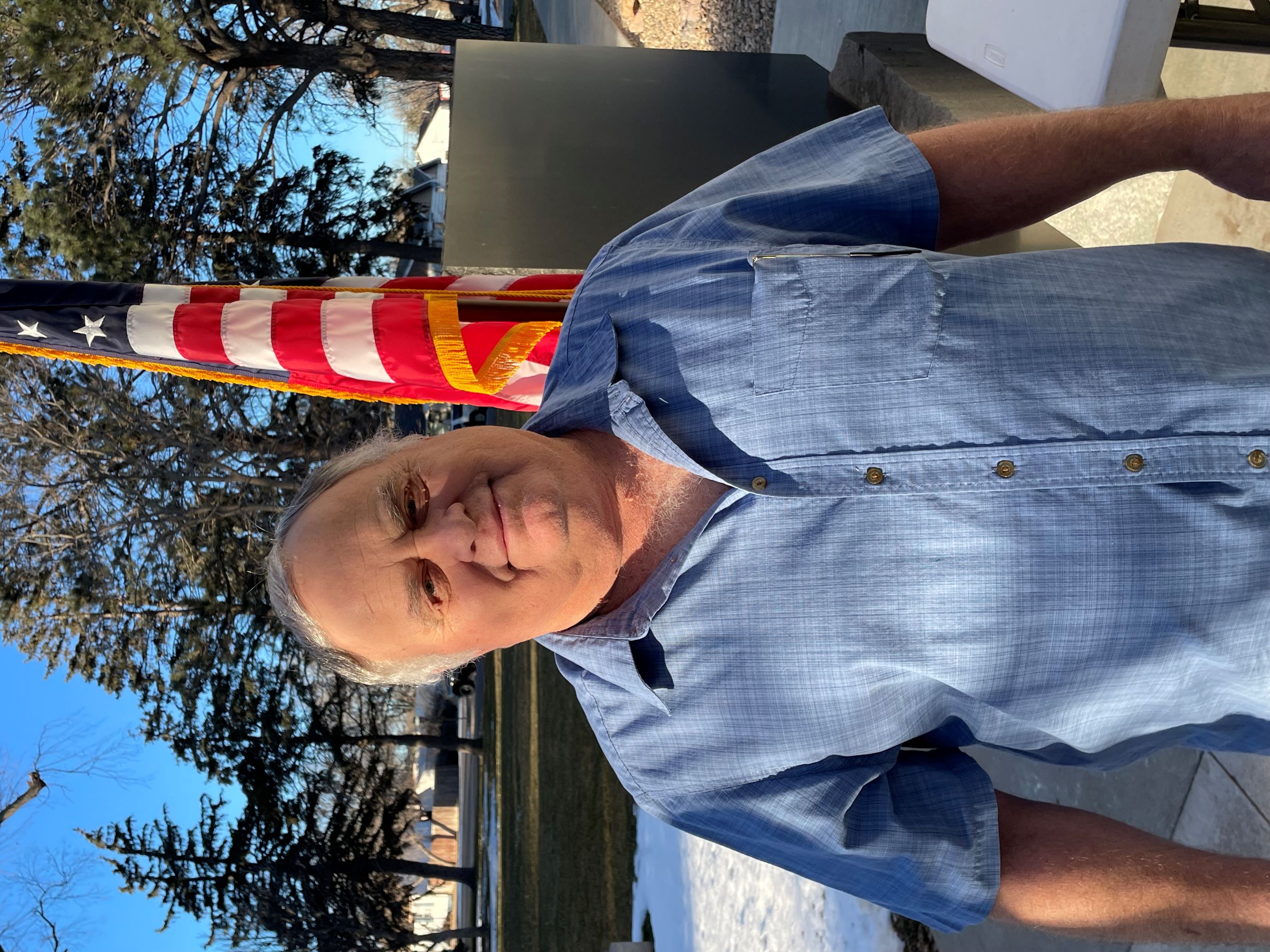County Commissioners
District 1
District 2
Cory Wall
(719) 349-0033
EMAIL: rodeosmart@aol.com
District 3
Dave Hornung
(719) 349-5655
This site has all of the Board of County Commissioners minutes and resolutions from 1889 to 2022.
Kit Carson County Historical Document Archive Link: https://gov.arcasearch.com/uscokit/
In the State of Colorado, County Boards of Commissioners serve as both administrative and policy-making bodies for their counties. Constitutionally, the board also sits as the county board of equalization and fills all non-electoral vacancies in county offices. All powers of the county, as a legal entity, are exercised by the board of county commissioners and not by its individual members.
Kit Carson County is divided into three Voting Districts. Each of these districts is represented by a Commissioner. The Voting Districts are different from the Road and Bridge Districts. Depending on your location, it is possible to live in one Voting district and different Road and Bridge District.
Voters in the County, regardless of their voting location and district, vote on all the candidates running for Commissioner.
The Board meets regularly on Wednesdays in the Commissioners' Board Room at the Kit Carson County Courthouse in Burlington, CO. You can click here to see the Calendar. Tentative agendas are posted on the bulletin board outside the Commissioners' Board Room at the Courthouse for review. For more information or to schedule an appointment to speak with the Board please call us during regular business hours. 719-346-8133 option 1
Duties of a County Commissioner
County commissioners are elected officials that oversee county activities and work to ensure that citizen concerns are met, federal and state requirements are fulfilled, and county operations run smoothly.
County commissioners spend a lot of time working with and representing people. They attend regular meetings of the county board as well as meetings of county board sub-committees and national boards and commissions, including school boards, city councils, township boards, and state and federal offices. County commissioners also work with constituents and respond to constituent concerns.
County commissioners have many administrative duties as overseers of the county, as well as financial and legislative responsibilities. Here is a partial list of these duties and responsibilities.
Administrative/Management
- Establish policies and procedures for central administration and for county departments to meet county goals.
- Coordinate activities of the county board, central administration and county departments with those of the independently elected officers including the Auditor, Treasurer, Recorder, Attorney, Assessor and Sheriff. Many counties have a variation of these offices.
- Represent the county on administrative/advisory boards and commissions which provide direct and indirect county or county related services. These include airports, libraries, community corrections, local public health boards, community action agencies, mental health centers, day care centers, nursing homes, developmental achievement centers, extension, regional development commissions, hospitals, social services, joint solid waste commissions, and planning commissions.
- Manage the county personnel system, including the authorizing of the number of county employees, establishing salaries, and conditions of employment, approving a county benefit schedule, negotiating and approving labor agreements, supervising appointed county department heads, participating in and approving the recruitment and employment of all county employees, and implementing the county pay equity plan and the county affirmative action/equal opportunity plan.
- Adopt and oversee the process for purchase of equipment and supplies for use by the county.
- Appoint county representatives to other governmental entities, such as watershed districts and library boards.
- Review the effectiveness of county services and programs.
Taxation/Finance
- Review, adjust and adopt the annual county budget and program as presented by the central administration or county departments.
- Authorize the levy and collection of county-wide property taxes.
- Serve as a board of equalization on disputes regarding appraised property values for taxing purposes.
- Authorize the application for and/or receipt of funds from federal and state governments and their use within the county budget.
- Adopt and participate in the implementation of fiscal management policies for the county in areas such as investment, reserve policy, short-term borrowing, use of bonds and risk management/insurance.
- Monitor the overall fiscal health of the county through regular reports of the auditor, treasurer and finance departments.
- Approve the payment of bills for expenses incurred by the county.
- Develop and adopt a capital improvement program/budget covering major county expenditures over a series of years.
Legislative
- Adopt ordinances as needed for the enforcement of county-wide actions.
- Ratify, modify or deny the actions of commissions and boards which are advisory to the county board.
- Pass resolutions relating to county concerns.
- Approve county participation in joint powers agreements with other governmental units.
- Communicate county actions and concerns to the general public through school groups, business groups, civic organizations, the press and other public forums.
- Participate in both district and statewide meetings of the Colorado Counties Inc. (CCI), including the annual meeting and the legislative conference.
- Participate in activities of the National Association of Counties (NACO).
- Attend conferences, meetings, training and other education programs, as approved by the board, which relate to county activities.
Other duties and responsibilities that may be enacted by the federal government, state legislature and governor.
Source: Association of Minnesota Counties (AMC).


